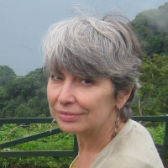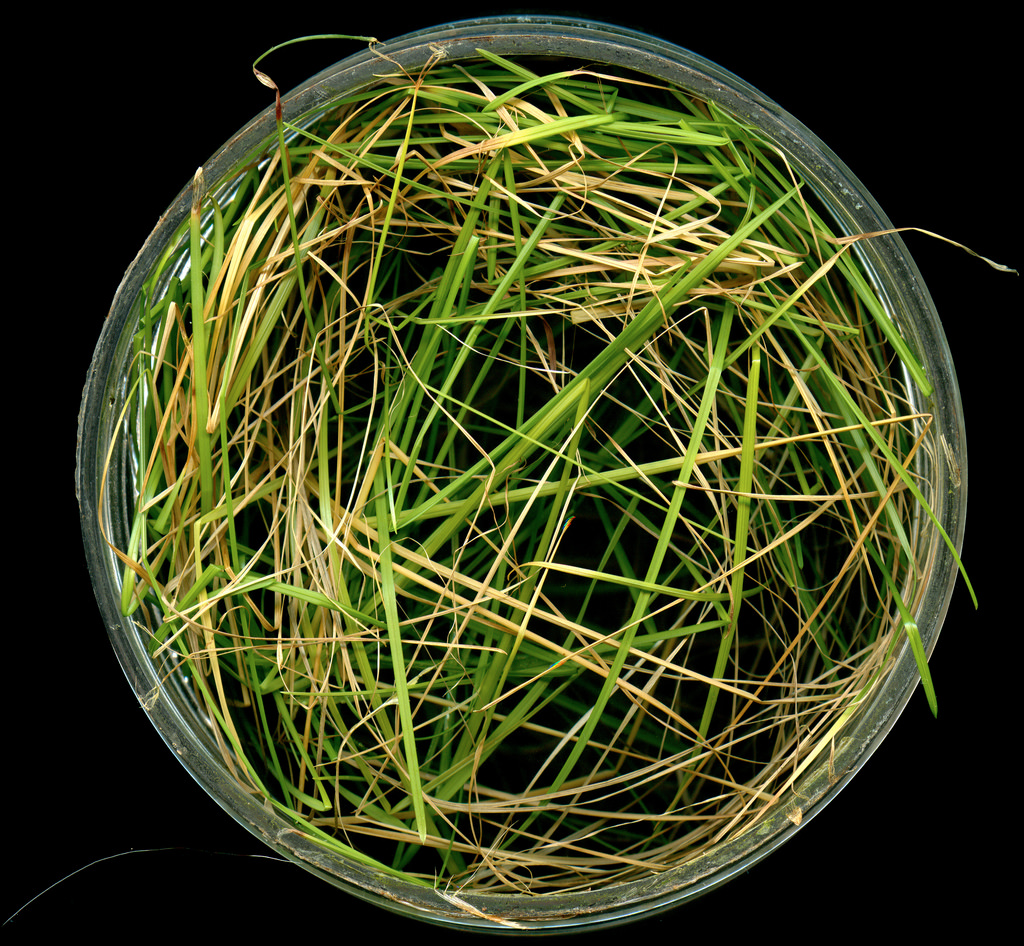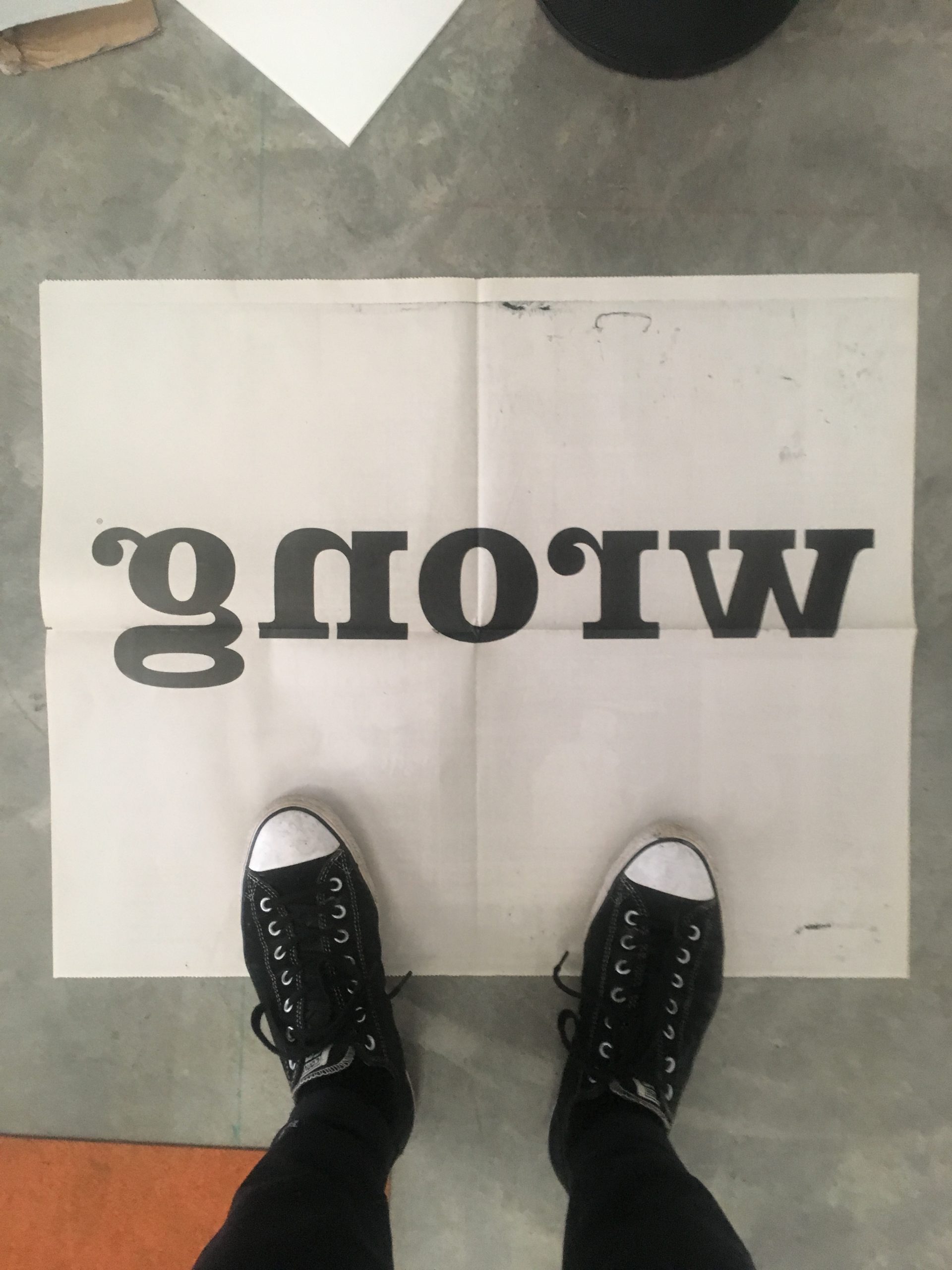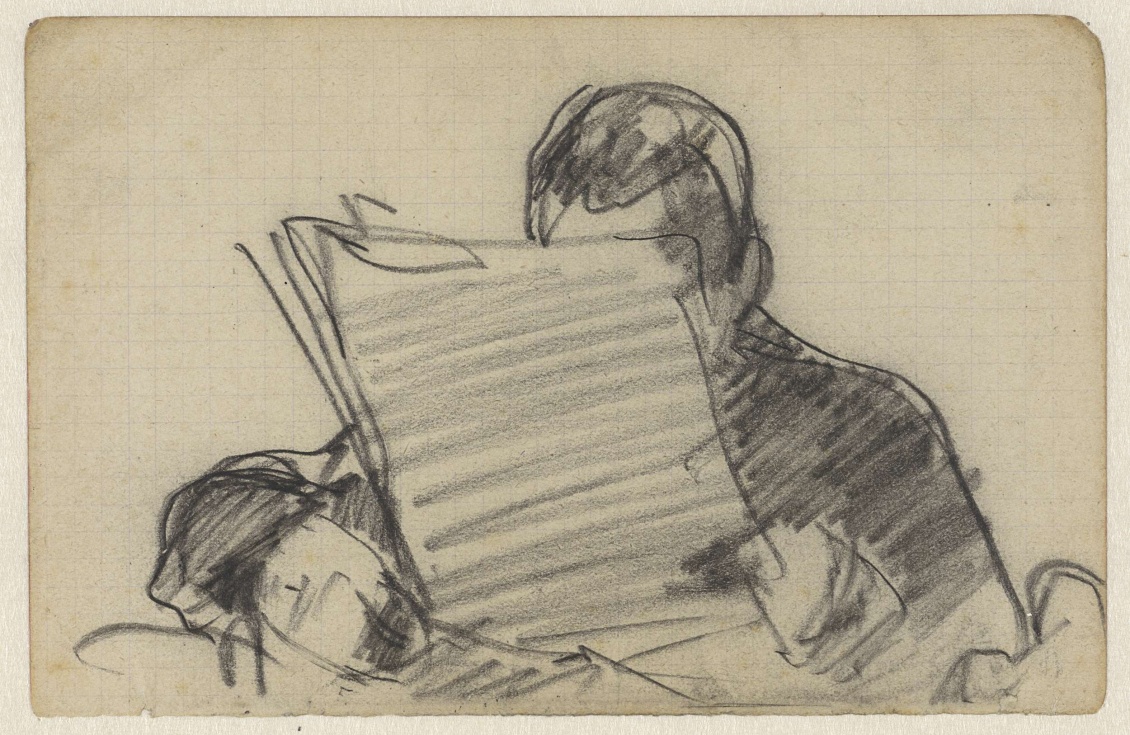← Return to Seizing an Alternative | Section XI
Track 4: Entangled Difference: Gender, Sex, Race, Class, Etc!
The deep relationality of process thought was long hospitable to feminist thought—but not as an identity politics pitting vulnerable bodies against each other. Knowing ourselves entwined in our multiple differences, in the economies, ethnicities, sexualities that form and deform us, we may create vibrant new coalitions.
Other Tracks in this Section
- Track 1: The Built Environment
- Track 2: Eating: the Production and Consumption of Food
- Track 3: End-of-Life: From Medical Failure to Sacred Experience
- Track 5: Good Work: Core Challenge for an Ecological Civilization
- Track 6: Journey of the Universe and Inclusive History as A Context of Meaning
- Track 7: Popular Culture: Social Media and Entertainment
- Track 8: Documentary Films
Track Heads

Catherine Keller
Professor at the Theological School of Drew University
Catherine Keller is Professor of Constructive Theology at the Theological School of Drew University. In her teaching, lecturing and writing, she develops the relational potential of a theology of becoming. Her books reconfigure ancient symbols of divinity for the sake of a planetary conviviality—a life together, across vast webs of difference. Thriving in the interplay of ecological and gender politics, of process cosmology, poststructuralist philosophy and religious pluralism, her work is both deconstructive and constructive in strategy. She is currently finishing Cloud of the Impossible: Theological Entanglements, which explores the relation of mystical unknowing, material indeterminacy and ontological interdependence.
Keller has taught since 1986 in the Theological and Philosophical Studies Area of Drew’s Graduate Division of Religion. After studies in Heidelberg and in seminary, she did her doctoral work at Claremont Graduate University with John B. Cobb,Jr., and remains involved with the Center for Process Studies. Through her leadership of the Drew Transdisciplinary Theological Colloquium since its inception in 2000, she fosters with colleagues and graduate students a hospitable context for its far reaching annual conversations. The TTC has yielded a path-breaking series of co-edited volumes. She also enjoys the monthly conviviality of gatherings in which Ph.D. students discuss their work in progress.




